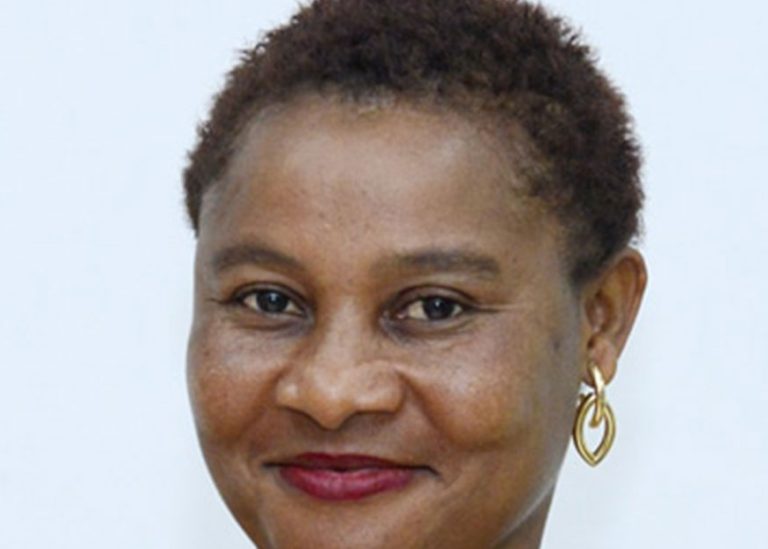In an important move to strengthen journalistic practices in Nigeria, over 100 media professionals, Mass Communication students and media enthusiasts joined the Masterclass On Holistic Safety For Investigative Reporters, which was held via Google Meet on September 25, 2024.
The event is the first phase of four phases of step-down training by Juliana Ebere Francis, Deputy Editor of The Eagle Online and Publisher of Securitynewsalert.com.
The Wole Soyinka Centre for Investigative Journalism in collaboration with the Netherlands, organised the parent training, which was held in Abeokuta in Ogun State and ran for two days.
The participants at the Abeokuta training, who were senior reporters and editors drawn from different media organisations across Nigeria, were mandated to train other journalists.

The step training, with the topic, Safety of Reporters In High-Risk Investigation attracted a diverse array of participants including civil society organisation members, and media activists.
TVC News anchor Abosede Adeniran-Aderemi moderated the session. She explained that the step-down training will run four times, with the first session held on the 25th of September. There are still three more sessions left.
However, the primary focus of the day’s discussions centred on safety measures for high-risk investigative reporting.
Innocent Duru, Assistant Editor of The Nation newspaper, kicked off the discussions by shedding light on the dual nature of investigative journalism – its rewards and inherent dangers.
Duru emphasised the crucial role of a “fixer” in navigating potential risks during assignments.
Also Read:
- Fidelity Bank records 238% oversubscription in first phase of equity capital raise
- Akwa Ibom doles out N550m farmers, business owners, others
- Late HoS: Sanwo-Olu, Fashola, Speaker pay last respect
- Otu orders expanded healthcare for vulnerables, sponsor six-year old strangulated hernia surgery
- Baba Ijebu mourns as Ogun top monarch, Oba Idowu-Basibo, joins ancestors
Duru highlighted the importance of discretion in the field, stating that “Journalists must be strategic, not boastful, and always conduct background checks to ensure safety.”
Francis, the event’s convener, stressed the necessity of thorough pre-assignment research and maintaining physical fitness. She urged reporters to keep their editors and trusted colleagues informed of their whereabouts and to know the location of the nearest security posts while in a strange community for investigation.
Francis explained that high-risk investigation involves covering places with high insecurity, conflict zones, natural disasters, and corruption, among others.
According to her, an investigative reporter must carry out a risk assessment to determine the category, whether it is low, medium or high before making decisions on whether to continue with such an investigation.
The masterclass also provided a platform for attendees to voice their concerns. Participants such as Matthew Ogunsuada, Ibe Wada, and Damilola Odunukan raised pertinent questions about community journalism and strategies for securing information from government sources.
Blessing Oladunjoye, publisher of BO News, facilitated the closing segment of the session. The event concluded on a positive note, with many participants expressing their appreciation, describing the experience as a crucial step towards enhancing journalistic practices and ethics in Nigeria.


